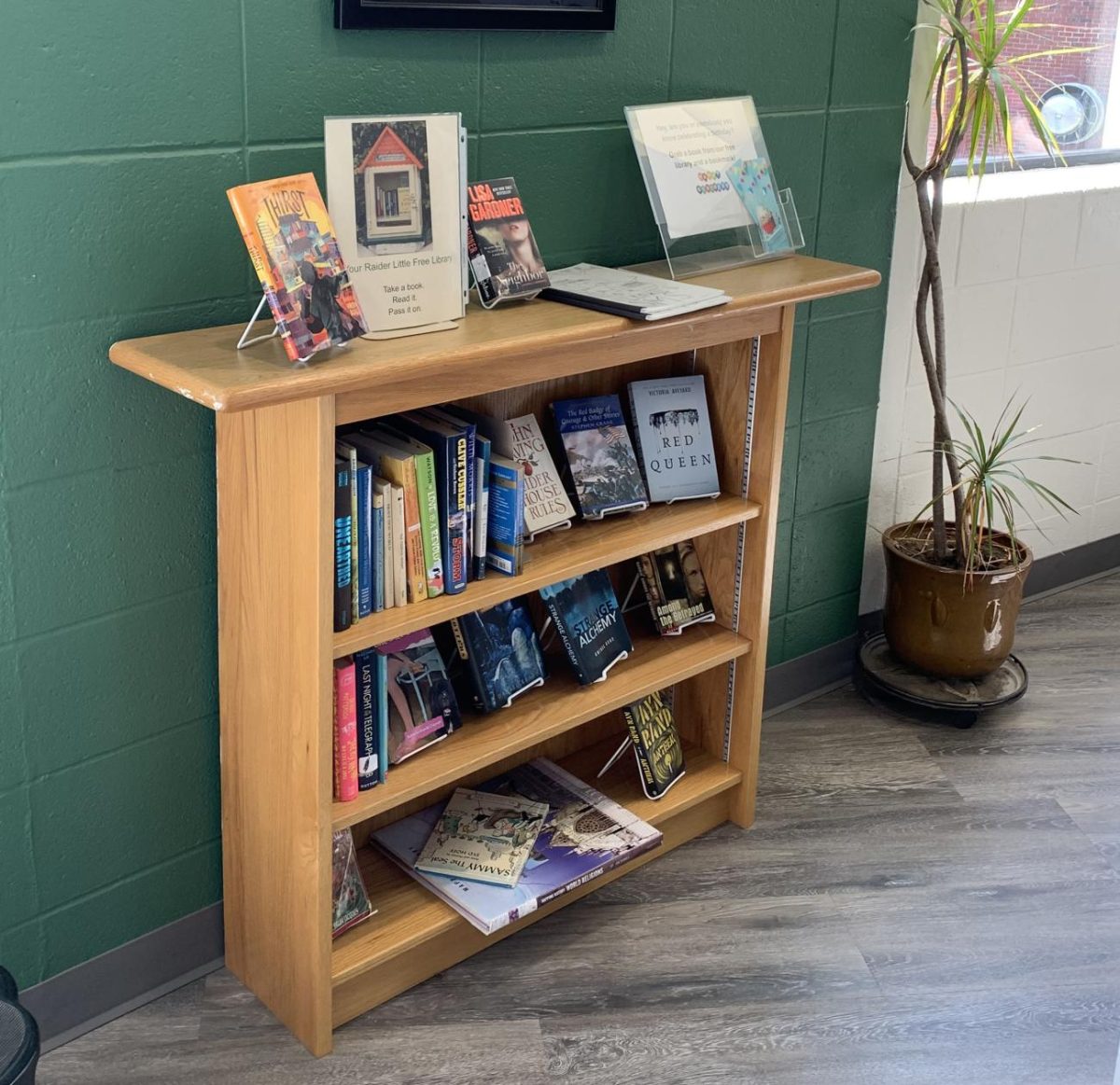by Hannah Strader
Somewhere in the back of senior Jon Tobaben’s mind he hears the voices of his parents nagging him to do his homework, but he is too mesmerized by the Xbox controller in his hand and the images on the screen to heed the words he knows all too well.
Tobaben began playing video games in kindergarten when his brother acquired a Nintendo 64. Eventually after-school games of Donkey Kong and Zelda turned into competitive gaming with the online gaming community Xiled and a sponsorship by 5-Hour Energy to compete in Major League Gaming (MLG) tournaments.
According to the official MLG website, the professional video game league’s tournaments take place throughout the U.S. and Canada and offer prizes ranging from $2,250 to $100,000. More than 800,000 teams and people from 28 countries compete against each other in games like Modern Warfare 2, which Tobaben played.
It was at these tournaments that Tobaben met other competitive gamers and admitted to picking up habits like throwing the controller and screaming when he lost games.
Bad habits were not the only negative affect gaming had on him. Tobaben’s relationship with his parents, who disapproved of the time he spent playing, became tense.
“My grades were taking a hit,” he said. “I had friends, but no real good friends. My parents didn’t like that I did it, but they wanted me to find out on my own.”
Tobaben eventually sold his Xbox 360 in an attempt to quit gaming cold-turkey. He admitted that his gaming affected his social life drastically and he wanted to get back to a normal life, but quitting all at once didn’t solve his problem.
“I couldn’t stop thinking about wanting to play,” he said.
According to counselor Joan Jacobson, Tobaben’s behavior was symptomatic of an addiction. Though video gaming is not listed as an addiction in the Diagnostic and Statistical Manual of Mental Disorders, it can be dangerous.
“Like any addiction, it does require attention. It affects quality of life issues,” Jacobson said. “I would suppose that like most addictions, [gamers] would have to accept and admit it’s a problem and look at how it affects other people and their life.”
It was this sort of admission that led to changes in Tobaben’s life.
“It’s a bad habit. No one should get into it, there are better things in life,” he said.
His time in competitive gaming isn’t something he likes to look back on. It interfered with school and he wishes he hadn’t spent as much time on it as he did.
Giving up a habit like gaming can be difficult, though, especially for people as successful as Tobaben, who had set three number-one scores in the world.
“If we’re good at something, we tend to get tied up in it,” said psychology teacher Nicholas Platko.
Perhaps this sense of achievement is what keeps gamers coming back for more, but Platko points out that these achievements can’t always be applied to real life.
Even after quitting, Tobaben recieved constant e-mails from players requesting to play with him, which led to temptation. He still has friends in competitive gaming and said it would be easy to go back, but after losing so much time with family and friends, he stays busy to keep his mind off of it.
“So much of my life is gone,” he said. “Video games was Jon Tobaben and Jon Tobaben was video games. It wasn’t a fun time.”
Tobaben’s father, Warren, said he saw a drastic change in his son’s attitude when he stopped gaming. “I would say there was a period of time [he had trouble] […] that he was spending too much time on it, but that’s changed quite a bit and I think the way he plays has changed quite a bit,” he said. “He’s getting things done on his own without needing to be hounded.”
Today, Jon uses a healthier attitude toward gaming to stay connected with his brothers, one of whom lives away from home. Although Jon came to the realization that video gaming was beginning to take hold of his life, many teens are still lost in the clutches of a video game addiction.






